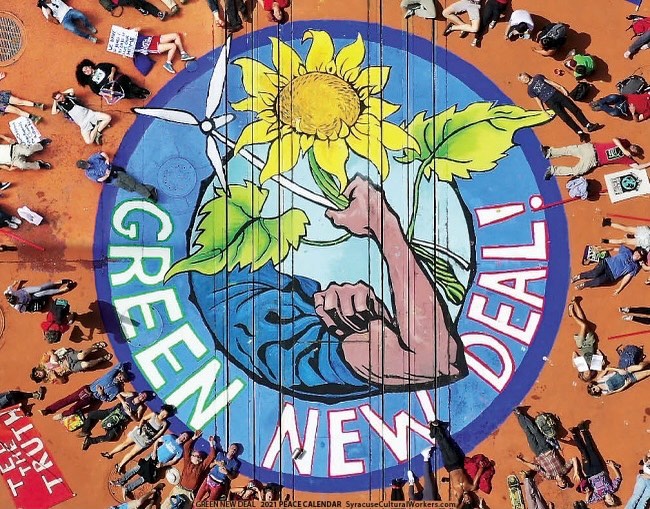A Big Announcement & the New Climate Normal
While I am excited to share that Bianca, Richard, Chance and I are moving back to Los Angeles in September, where our families reside, that excitement is tempered by the fact that we are traveling to the front lines of the climate crisis.






